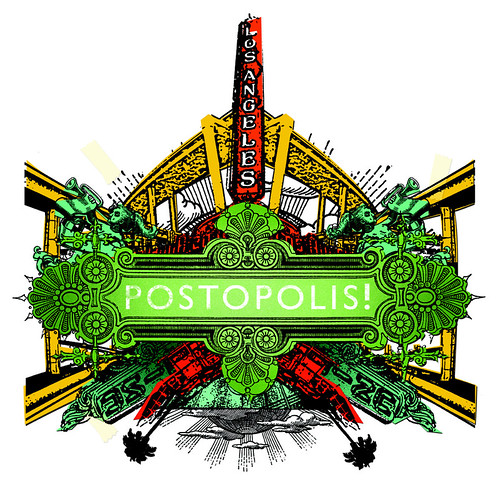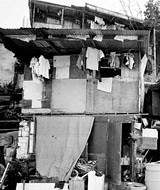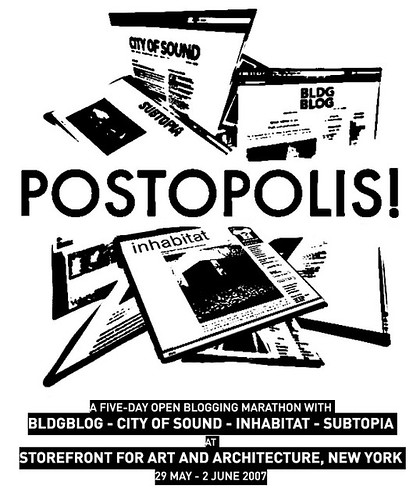Living in Olivion

A couple of weeks ago, reports broke out that dozens of Palestinian olive trees in various West Bank villages were being sabotaged in the night, stripped of their branches with hatchets, hacked down to mere useless throbs of wood stumping in the ground. Immediately, farmers accused extremist Jewish settlers from outposts on the hills overlooking their farms of mutilating their orchards, and trying to deprive them of their livelihoods, claiming their olive groves have been the battlefield for a landscape warfare and ongoing clashes with gangs of violent settlers for years. Never mind, that the construction of the Security Wall uprooted thousands and thousands of Arab olive trees, not to mention the miles and miles of Palestinian farmland that has been expropriated. These farms are some of the only means the refugees have towards maintaining any kind of independent economy, now, walled off and doubly crippled by repeated vandalism. The Olive branch, long time symbol of peace, has become a crude symbol for exclusionary power, Israeli land grab, rabid eco-terrorism, and a tactical campaign of urbicide against Palestinian sovereignty. Hasan el-Batal is reminded of an Israeli saying that an uprooted Palestinian olive tree is also a menorah turned upside down, making for an insidious provocation.

"According to the police, 733 Palestinian olive trees were vandalized in 2005." However, according to a list compiled by B'Tselem, Yesh Din and Rabbis for Human Rights, they say at least 2,750 olive trees were vandalized in various ways last year through out the West Bank, either from being uprooted and stolen, torched, or just maliciously chopped down.

Rabbi Zalman Melamed has responded by saying that the cutting of olive trees is prohibited by Jewish law, "unless the trees serve as hiding places for terrorists, and in that case they should be cut down for security reasons." Wow, by that logic, I ask, is anything exempt from aiding "the Palestinian terrorists"? Amidst investigations, the dissident settlers accused the Palestinians of doing it themselves in a shameful slander of the settlers. Pictures were released claiming to show Arab youths terrorizing their own olive tress, but later only seemed to prove that the Arab farmers may have just pruned them poorly. Some refugees admitted occasionally needing to cut down their trees in the middle of the night to use for firewood in order to keep their families warm, but everyone knows, the vandalism of Arab olive trees is nothing new in the West Bank.

"The same people who cut down trees belonging to Palestinians are a dissident group, well-organized, and bordering on terror. It is a group of very very dangerous people and there is nothing I want more than apprehending them,” a senior IDF officer stated. The Acting Prime Minister Ehud Olmert has also been very adamant about punishing the violent settlers. While it appears that these same radicals who are connected to the defiant Jews squatting in Hebron (which may soon be evacuated) are responsible for the vandalism, no arrests have been made or evacuations been ordered. So, as these settlers appeal their claim to Jewish land in Hebron to the courts, let's not forget the several instances of settlers in Gaza brutally attacking the farmlands there before being forced to leave: [a;b;c;d]. Meanwhile, more worries of the wall cutting off major water supplies to villages are expressed almost daily, and as time goes, the refugees stare the writing on the wall: "Despite Olmert’s promises to prevent lawless behavior in the territories, and proof from this summer’s disengagement that with overwhelming police and army forces, settlements can be evacuated in hours without any disruption to life in Israel, there is skepticism about the police and army’s ability to ‘change the diskette’ when it comes to the settler outlaws. Years of government accommodation of all the settlers desired, even when they were blatantly breaking the law whether physically attacking Palestinians or building illegally, has ingrained into the police, army and to a large extent the judiciary, an unwillingness to take the political risk of cracking down on the settlers."







2 Comments:
Here you go, Sir.
http://www.culiblog.org/archives/2005/12/occupied_olives
Let's keep talking about this.
Debra,
thanks for posting this very intersting entry. I certainly would like to see this film, and learn more about the global market for olives, olive oil, and how that economy is having such insidious consequences on Palestinian farmlands. so much to learn, so little time. please feel free to post any additional resources you discover.
and thanks for reading, please, come back, pass it on, raise hell, and eat right!
Post a Comment
<< Home